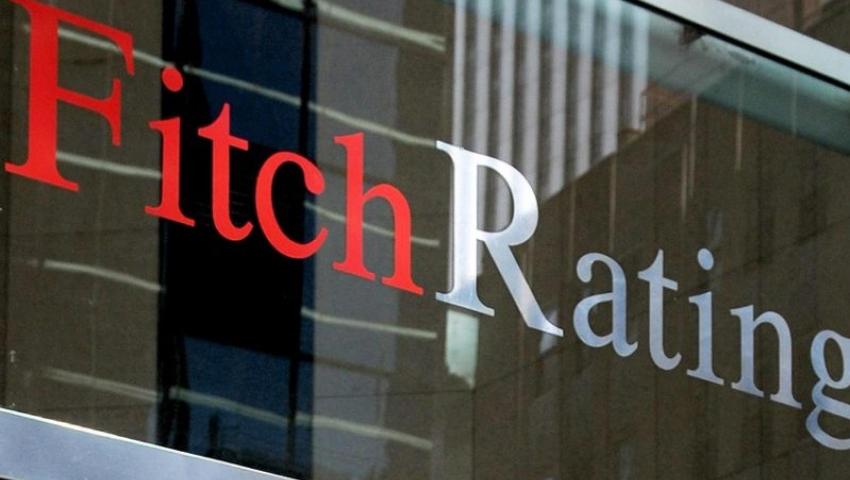Fitch Ratings confirmed the BBB rating of Bulgaria with a positive outlook

The international rating agency Fitch Ratings confirmed the long-term credit rating of Bulgaria in foreign and local currency ‘BBB’ with a positive outlook. This was announced by the Ministry of Finance.
Bulgaria's rating is supported by its strong external and fiscal position vis-à-vis countries with the same rating, the credible political framework of EU membership and the long-standing functioning of the currency board arrangement. On the other hand, adverse demographic factors weigh on potential growth and public finances in the long run.
The positive outlook reflects eurozone membership plans, which could lead to further improvements in the country's external position. The authorities remain committed to the adoption of the euro until 2024, with risks around the time horizon stemming mainly from external factors. The rating agency is not expected to delay the adoption of the euro by more than a year if the country fails to meet the convergence criteria in 2023, as they believe there is a clear commitment at EU level to speed up this process.
Fitch Ratings forecasts that GDP growth will slow to 3% in 2022 from 4.2% in 2021, as higher inflation and weaker external demand affect the country's consumption and foreign trade, respectively. Economic development in the first quarter of 2022 was surprisingly good, with private consumption remaining stable, but the rating agency expects activity to weaken as inflationary pressures rise over the year. Fitch Ratings continues to expect moderate growth acceleration in 2023 (up to 3.8%), largely due to stronger investment in EU funds. Political uncertainty remains an important negative risk. Re-emerging prospects for new elections could delay the implementation of the Recovery and Sustainability Plan, which was finally approved in April. However, the risks around a more significant slowdown seem limited at the moment, underscoring the resilience of the economy over the past few years to both internal and external shocks.
The government has proposed an update of the 2022 budget law in response to inflation and the shock to energy prices. Support measures worth about BGN 2.1 billion (2.0% of GDP) are envisaged. In addition to reducing VAT rates on some goods, increasing tax breaks for families with children and fixed compensation for liquid fuel prices, the plan envisions a two-step increase in pensions in July and October.
Fitch Ratings forecasts that the budget deficit will increase to 4.9% of GDP in 2022, from 4.1% in 2021, driven mainly by support measures. They expect the deficit to narrow to 2.9% of GDP in 2023, with spending pressures easing. Despite the larger deficits, the level of Bulgaria's public debt will remain very low compared to EU and BBB countries.
The main factors that could lead to an upgrade are progress towards joining the euro area, including greater confidence in Bulgaria to meet the membership criteria and improve the potential for economic growth. Factors that could lead to a downgrade are a significant delay in joining the euro area or a major adverse macroeconomic shock, which would significantly reduce the medium-term growth prospects compared to the rating agency's current expectations.
